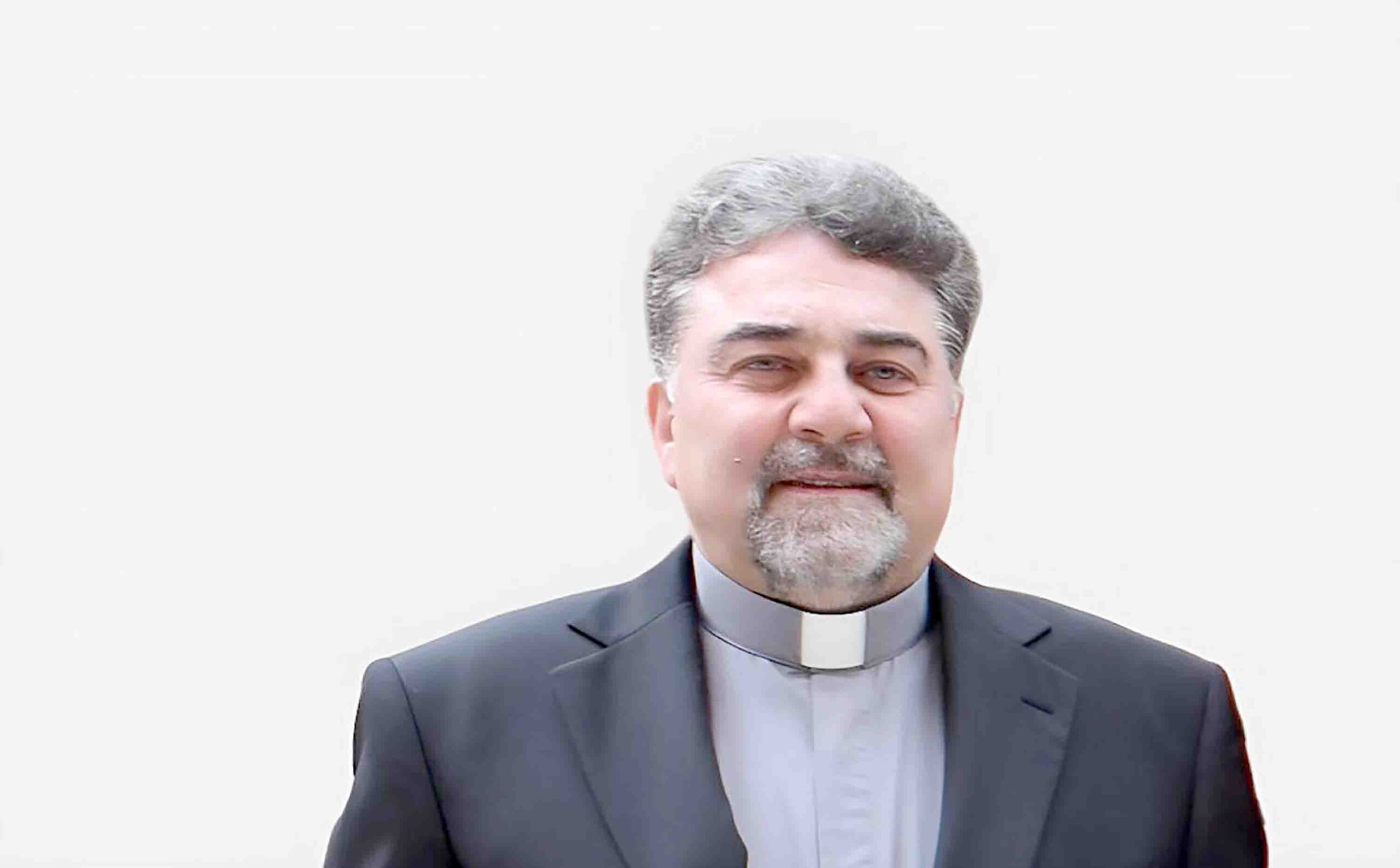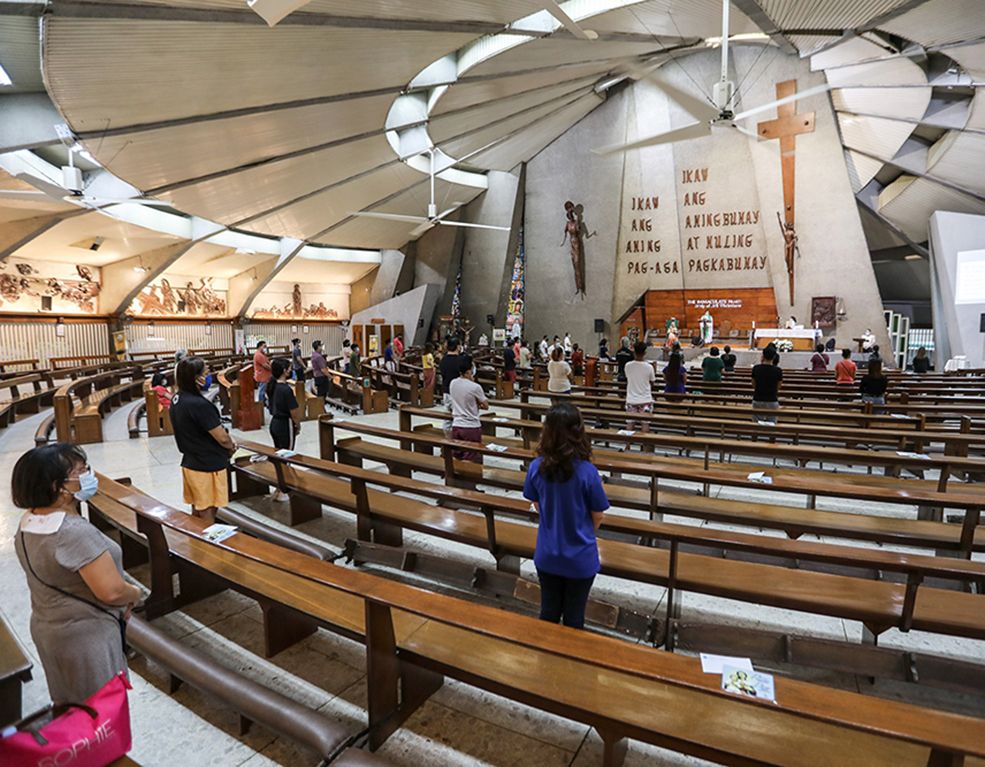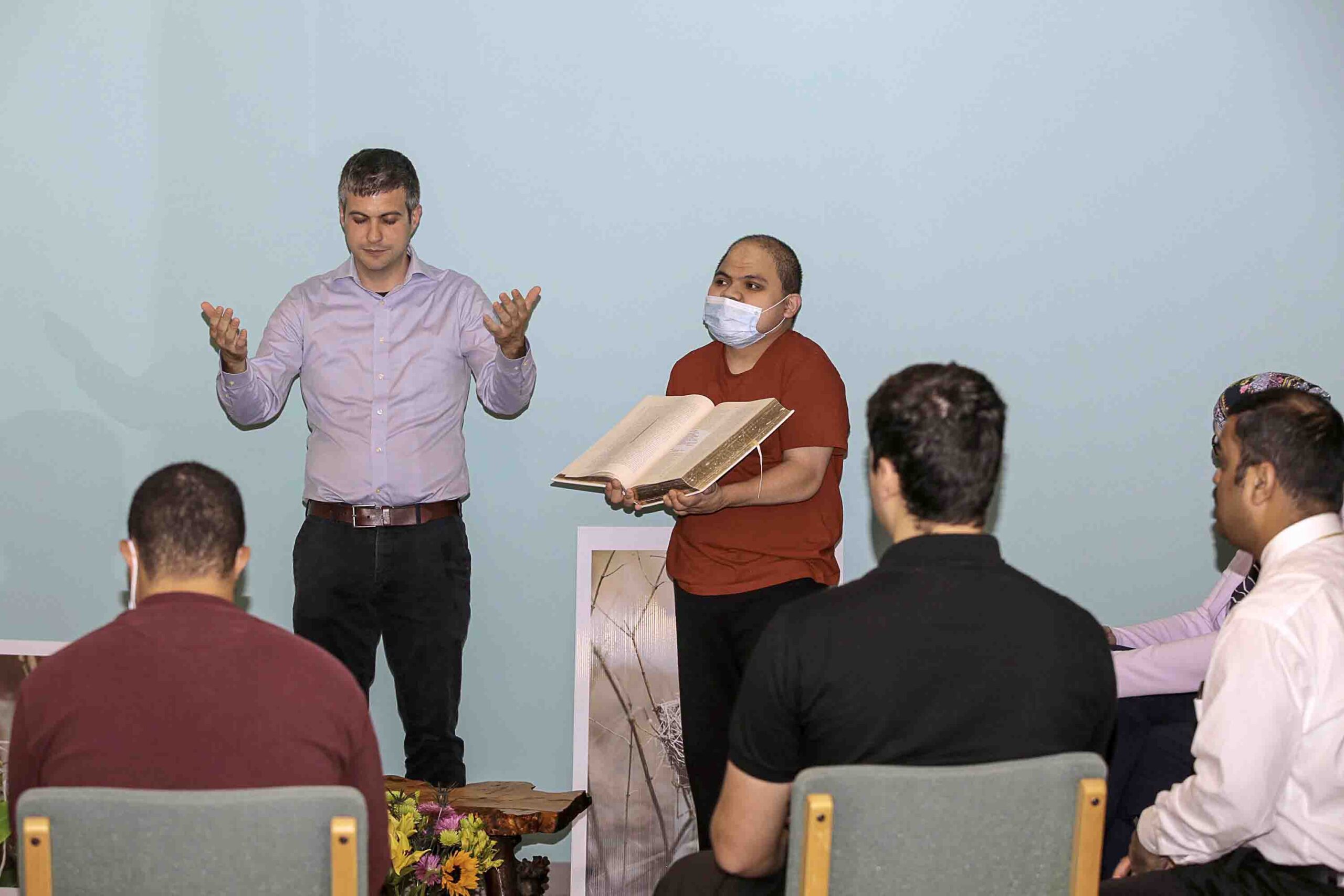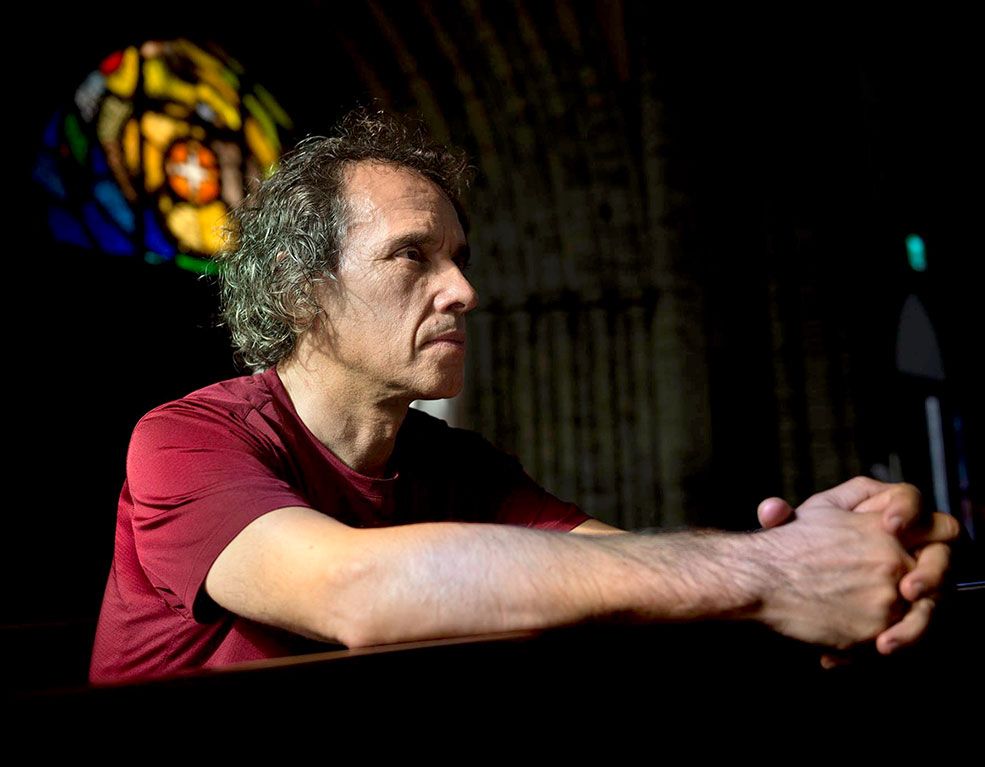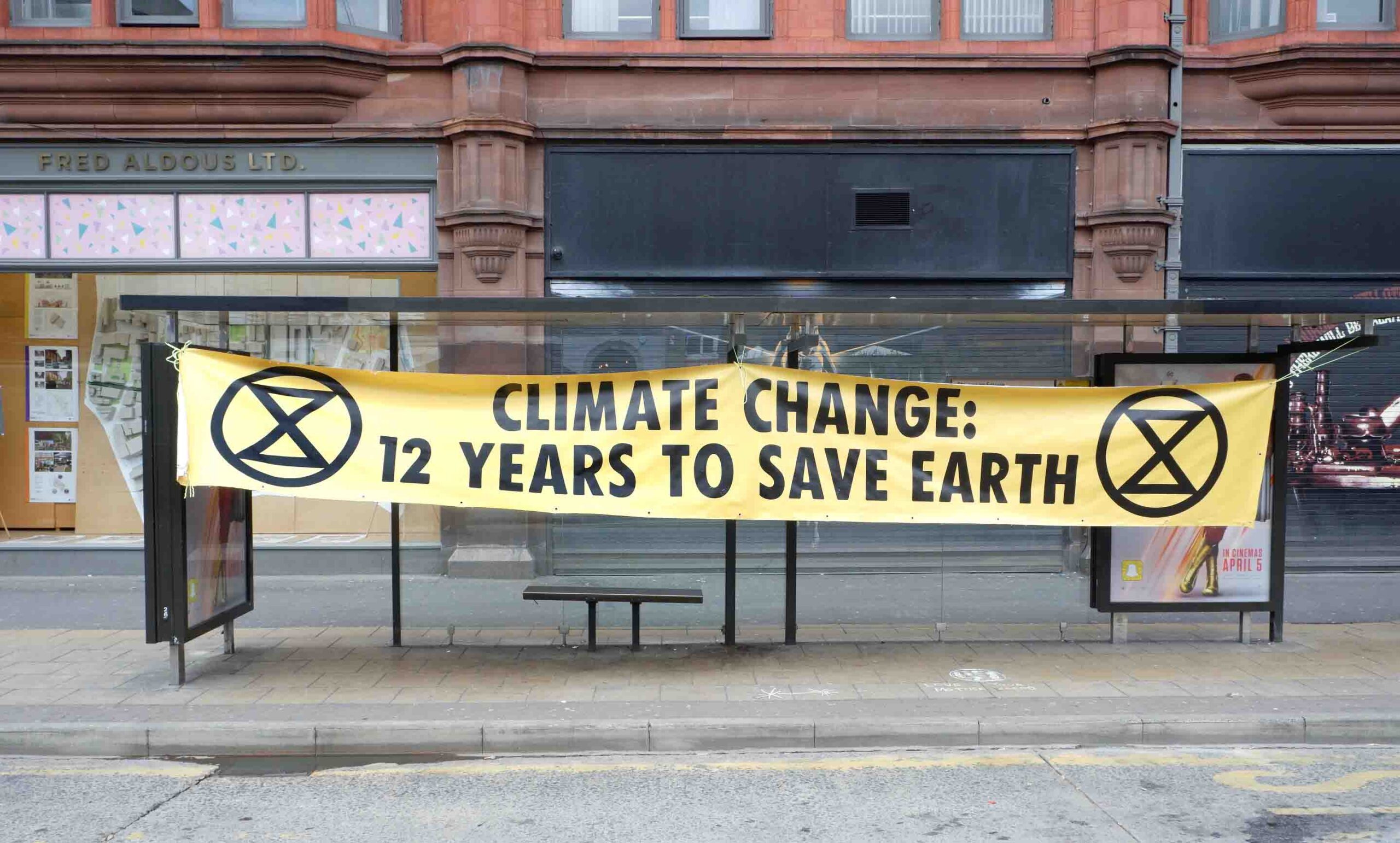The least distance between any of us is not a millimetre or even a picometer … it is a story. This is how we find one another. Our lives touch. Our ideas touch. We spin off one another. We create new energy. Stories matter. They can change the course of history. They can rescue us. Stories are the glue that hold us together: we are nothing if we can’t communicate.
This is even more applicable when we get a chance to understand the stories of those who are seemingly different and distant to us. The world is, in fact, made of the stories of others, even those we don’t know, and maybe in particular of those we don’t know, or don’t yet know.
Who can deny the humanity of the person when you have just heard his or her story? Who can slam a missile into a marketplace when you know the story of the woman who owns the fruit stand? Who can allow their politicians to refuse an emergency food truck into a war zone when you have heard the story of the child lying wasting away in the darkness? Who can close the border gate on the wheelchair-bound boy who is travelling for lifesaving treatment? Let us ask ourselves that question. And then let us pause another moment to answer.
SILENCING OTHERS
The crux of our contemporary dilemma is not so much silence, as it is the act of silencing. When we refuse to listen to the stories of others, or more poignantly, when we refuse to let others tell their stories at all, or yet even more poignantly still, when we annihilate the stories of others, the world becomes a spectacle of narrowness.
Our refusal to step beyond ourselves, or at least those who don’t look like us, or sound like us, or vote like us, is at the core of our possible doom. This dangerous tightening has the capability to shut us entirely down. We cannot love our neighbor anymore because we have no neighbor but ourselves. And when we have no neighbor but ourselves, we have no meaning beyond the solipsistic gaze.
Who are we if we are only ourselves? We become the emptiness that we fear. We allow great crimes– the destruction of the environment, the annihilation of our neighbors, the proliferation of poverty–to occur. We wire ourselves for meaninglessness.
If we–as a government, or a corporation, or a church, or as a community– can deny another person their story, we can deny their very existence. This is a powerful and insidious weapon. It can sow fear. It can isolate. It can dehumanize.
Lies abound. Rumors abound. Gossip abounds. A story denied is not made equal by a lie told. This is where the imbalance of power comes in. Power is well aware that if you own–and indeed limit-the story of others, you own everything, even the person themselves. The true story of our neighbors–nuanced and contradictory and intensely human–gets lost. The truth is handcuffed. And then imprisoned.
Without a story, the proximity, and even the very existence of others, is annihilated. It happens publicly in many places: Ukraine, Gaza, Sudan, but it also happens closer to home, deep within our own hearts.
The nullification of the stories of our supposed enemies, who are really just our neighbors, is one of the world’s most insidious weapons. Our lack of access to the nuanced and meaningful stories of others, along with the refusal to create places where we can listen, is one of the greatest dangers in the world today.
REPAIR THE BROKEN WORLD
If we live in broken times, then the new theme must be repair. How do we repair what is so obviously broken? Einstein’s opinion was that some healing would come in the form of world government. Out of this, organizations like the United Nations were born. His idea was that our world leaders would be able to guide us towards some sort of coherence, but it has not worked as well as we would have wanted. Yes, much good has come from these global bodies, but we still find ourselves at the deepening coalface of doom.
The approach in decades gone by has been to treat power “top down.” Our leaders pressed their ideas from above. Decisions were made at the highest level and filtered down through a hierarchical structure. At the time, and still today, it was usually assumed that our leaders had our best interests in mind.
But we live now in an age that recognizes the principle of emergence. The theory of emergence states that a multitude of any number of tiny things–neurons, bacteria, ants, people–can exhibit properties way beyond the capability of any one individual. Flocking birds can display emergent qualities, wheeling across the sky in seamless formations, for example. Honeybees become so much more startling when they work in unison. Groups of people can possess intelligence–or indeed stupidity-far greater than the sum of their parts.
STORYTELLING
Storytelling too, can exhibit the possibility of emergence and, in this fractious day and age, sharing our stories–alongside listening to the stories of others – might be one of the few things that can save us. Storytelling is a call to action. Story-listening is a form of prayer.
At Narrative 4, a global non-profit organization that empowers young people to create change through storytelling and story-listening, we have found a simple formula to initiate change. You tell my story, I tell yours. In the first person. Face to face. Not a didactic story, but a personal story. Not something designed to win an argument, but something that stirs the soul. A parable, if you will. Something that accesses the truth without being declarative. Something that is humble. Something that bows its head. Something–or rather, someone-who listens. We have run the Narrative 4 program in Ireland, Mexico, the United States, Nigeria, South Africa, and dozens of other countries worldwide.
It begins in our classrooms, because what happens in our classrooms happens for the rest of our lives, and then it moves from the classrooms outward, across the city, across the country, across the oceans, building a latticework of connection. Young people soon realize–through personal storytelling–that we are so much more alike than we are different. In doing this, we dwell not only in another person’s story, but we hear our own being told back to us, and in the process–this simple, but astounding process–we recognize one another’s common humanity.
The act of listening and talking bolsters our very notions of peace, equality, democracy and understanding. Stories can lead to action which can lead to change. Rather than being applied from the top down, it is gathered from underneath. Even if we disagree with one another. Even if we live across a border. Even if we have vastly different histories. Even, in fact, if we dislike one another.
I have been blessed to have the chance to write about two fathers, one Israeli, one Palestinian, Rami Elhanan and Bassam Aramin. Despite losing their daughters in separate incidents in the conflict, they have become good friends, and even more startling they have maintained that friendship. They travel the world together, sharing their stories. Their philosophy is simple and profound: We don’t have to love one another. In fact, we don’t even have to like one another. But we must, must, must understand one another, or else we are doomed. And so they continue to travel. And they continue to tell their stories. They have become pilgrims of hope.
PILGRIMS OF HOPE
It is a task that belongs to all of us –scholars, writers, mechanics, students, clerics, housekeepers-but in particular it belongs to our teachers and our journalists who are uniquely positioned to guide this new principle of emergence. Amongst the “pilgrims of hope” that we salute here today, the teachers and our journalists and the communicators are the ones who guide us so much of the way.
We cannot afford to ignore the stories of others. Will storytelling and story-listening save the world? Possibly, and possibly not … but it will certainly, at the very least, allow a ray of light and understanding. And where there is one ray of light, there is the possibility of many more, collaborating, working together, until at least a portion of the darkness is pierced.
Simply–at first–being interested in one another is a triumph. Imagine how many triumphs come about when we learn to understand, or even like, or maybe even love, one another. Ordinary people. With our extraordinary stories. And our ability to connect.
The shortest distance between being an enemy or a neighbor is a story. In this exponential age, as the brokenness multiplies, the fundamental essence of repair is that we need to know one another. To know one another, we need to listen, we need to communicate. After listening, we need to understand. Then, respectfully and joyfully, and courageously, we can begin to initiate change.



















